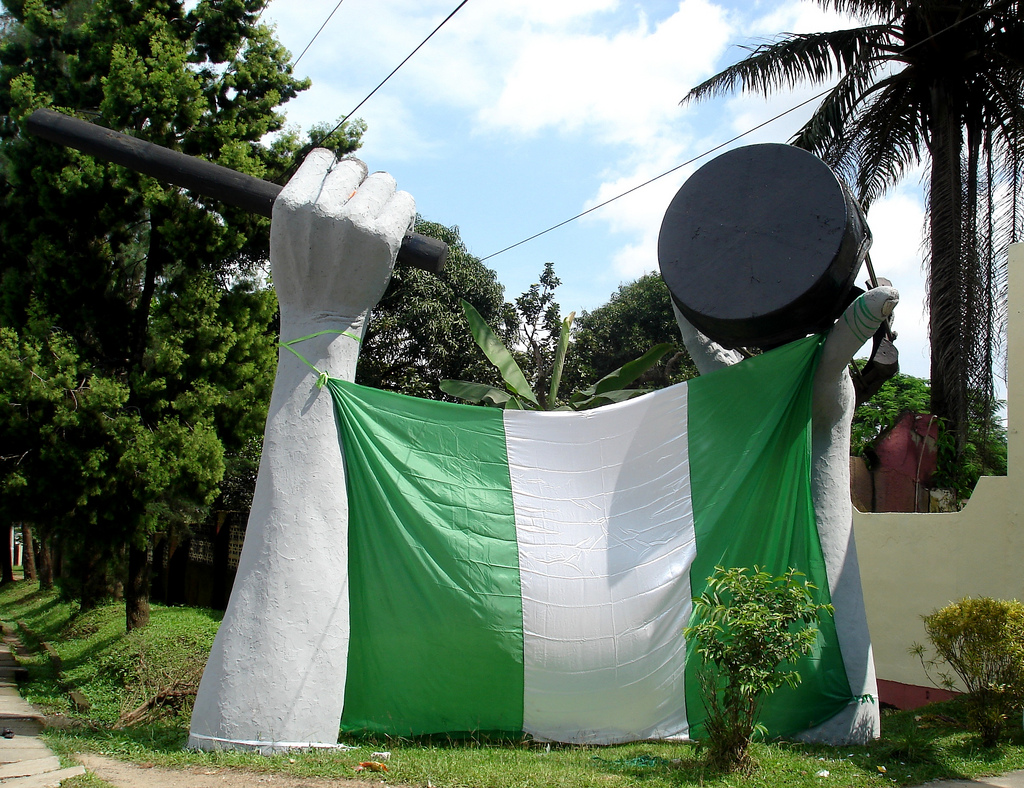More than 9 months after going through the senate, Nigeria’s Digital Rights and Freedom bill has still not been signed into law by President Muhammadu Buhari.
When made law, the bill will be an “act to provide for the protection of the human rights online, to protect internet users in Nigeria from infringement of their fundamental freedoms and to guarantee application of human rights for users of digital platforms and/or digital media and for related matters”
It essentially makes provisions for the protection of users’ online identity, curtailing of government’s digital interference with citizens, regulation of government surveillance, and protection for whistleblowers.
Initially conceived in 2015 by digital rights groups, Paradigm Initiative and NetRights Coalition, the bill was eventually sponsored to the house more than a year later by Hon. Chukwuemeka Ujam, a member of the National Assembly.
After numerous setbacks, the Digital Rights and Freedom Bill was eventually passed by the senate on the 13th of March, 2018.
At the time, some Nigerians expressed reservations on how there was more to the bill than just being passed by the senate. It appeared they were right.
Months after, the bill had still not been transmitted to the president for assent; a necessary process to making it law, and may not get there anytime soon.
Recent developments show the bill has taken a further step backward.
A source close to the matter tells Techpoint that a particular clause in the bill was deemed problematic and had to be reworded to conform with European Union (EU) standards.
According to the source, after necessary corrections are made, it will go back to the National Assembly and Senate for another round of approvals.
In October 2018, President Muhammadu Buhari declined assent to 16 bills. Though reasons were given for this action, the legal department at National Assembly is reportedly erring on the side of caution so this bill does not suffer the same fate.
If the snail movement through the last 9 months is anything to go by, it may still not hit the president’s desk anytime soon.
Will the President sign the Digital Rights and Freedom Bill?
After all technicalities are addressed and smoothed, it is important President Muhammadu Buhari signs this bill as soon as possible.
According to the Nigerian Communication Commission, by May 2018, there were 103 million Nigerians on the internet. This was a leap from 98.3 million in December 2017.
In recent times, Nigerians have been exposed to digital rights infractions internationally and within national bothers.
The recent Facebook data breach is the biggest known one on an international stage, even the government is complicit.
Suggested Read: 271,000 Nigerians were affected by the Cambridge Analytica data breach
In 2015, evidence suggested the Bayelsa State government was spying on citizens of the state.
The more Nigerians get online, it becomes imperative to make sure they are digitally safeguarded.
Most of the provisions of the bill are protecting citizens from government-wrought digital rights infractions.
Coincidentally, considering its importance, there is no concrete reason the bill has lingered so long. And this leaves one question;
Is the Nigerian government afraid of empowering its citizens with their digital rights?
Time will tell.











